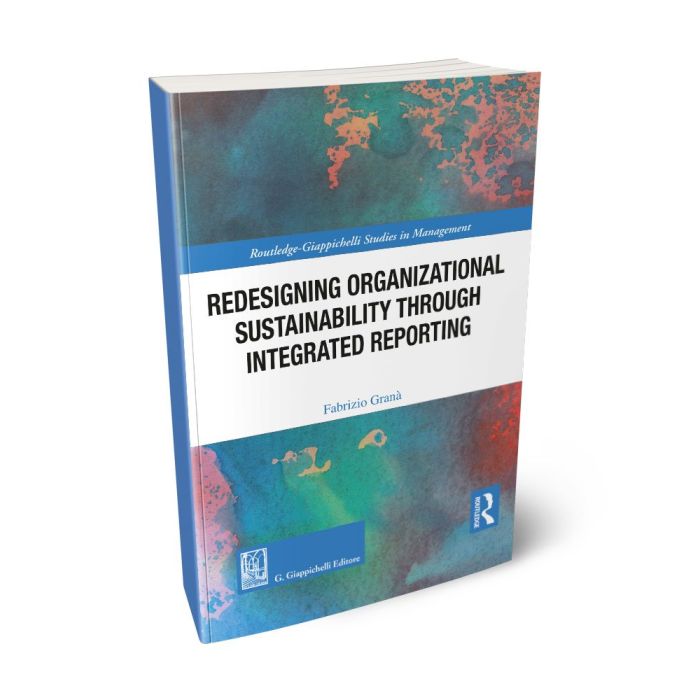Less of 10 pieces available
Receive it within 0 2 February

Redesigning organizational sustainability through integrated reporting
| ISBN | 9788892133754 |
|---|---|
| Pubblication year | 2020 |
| Pubblication month | Agosto |
| Edition | I |
| Serie | Routledge-Giappichelli Studies in Business and Management |
| Format | Copertina Rigida |
| Pages | 144 |










